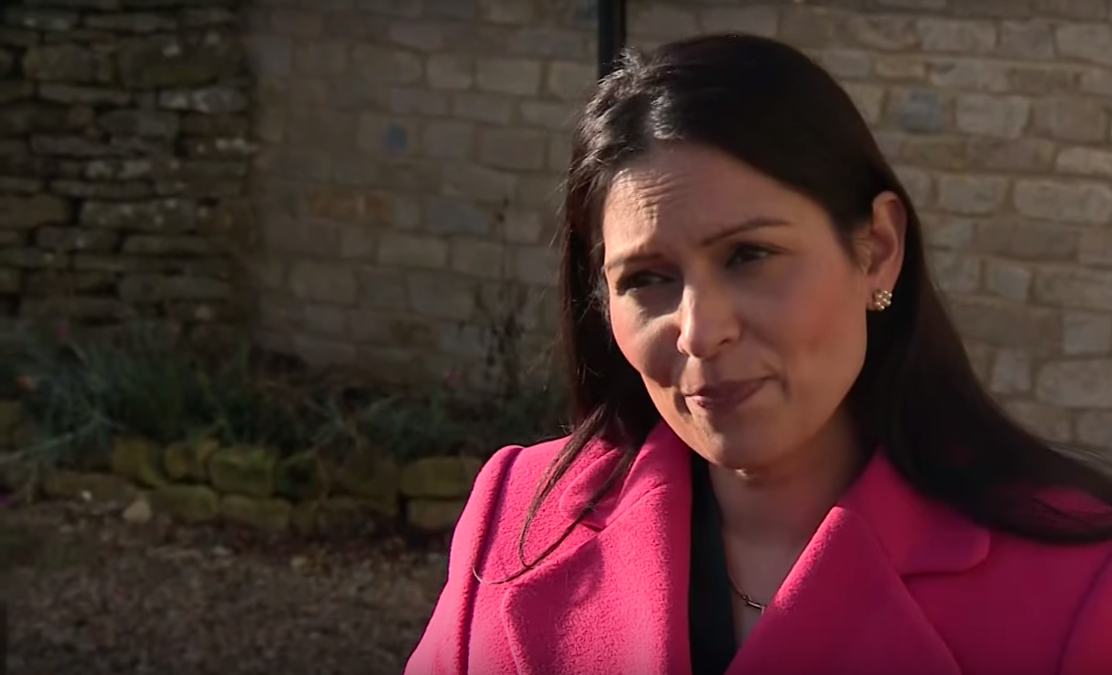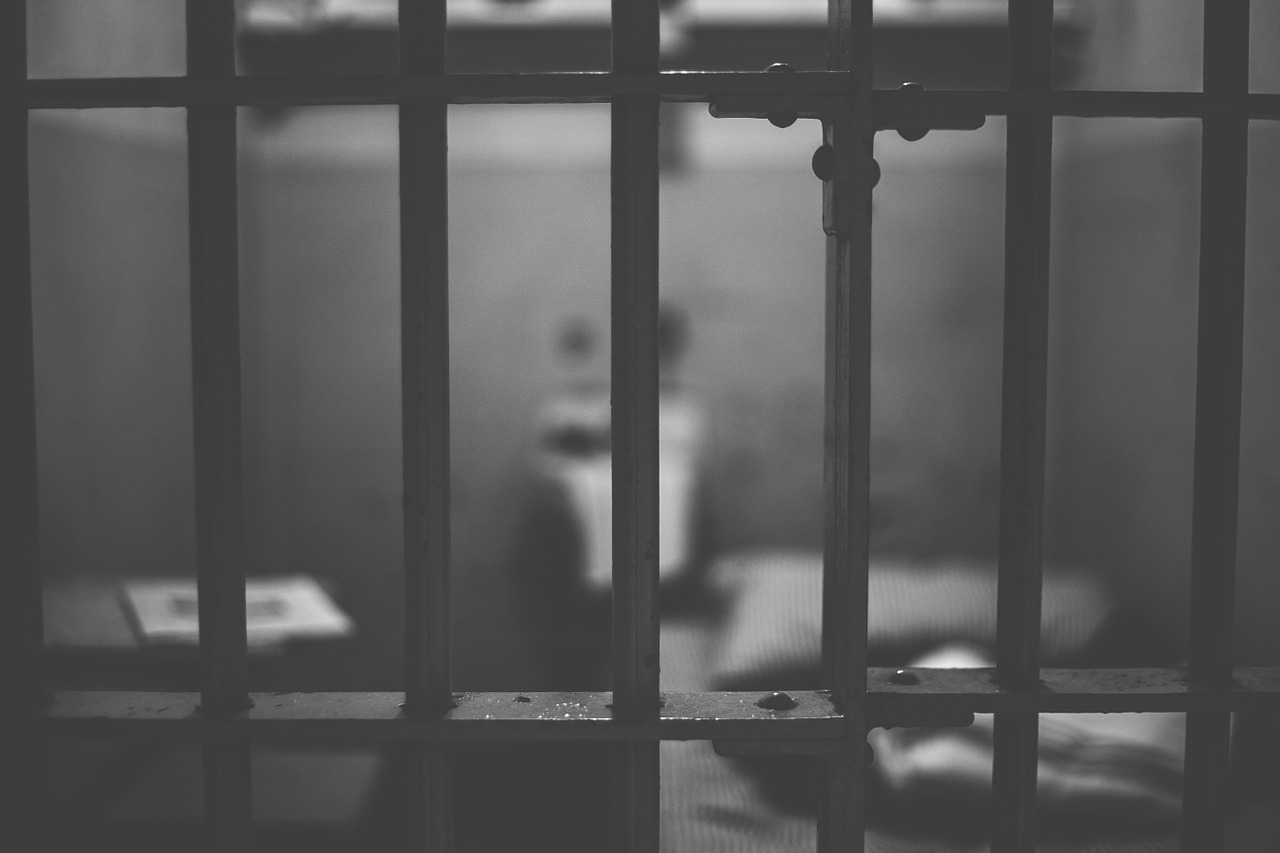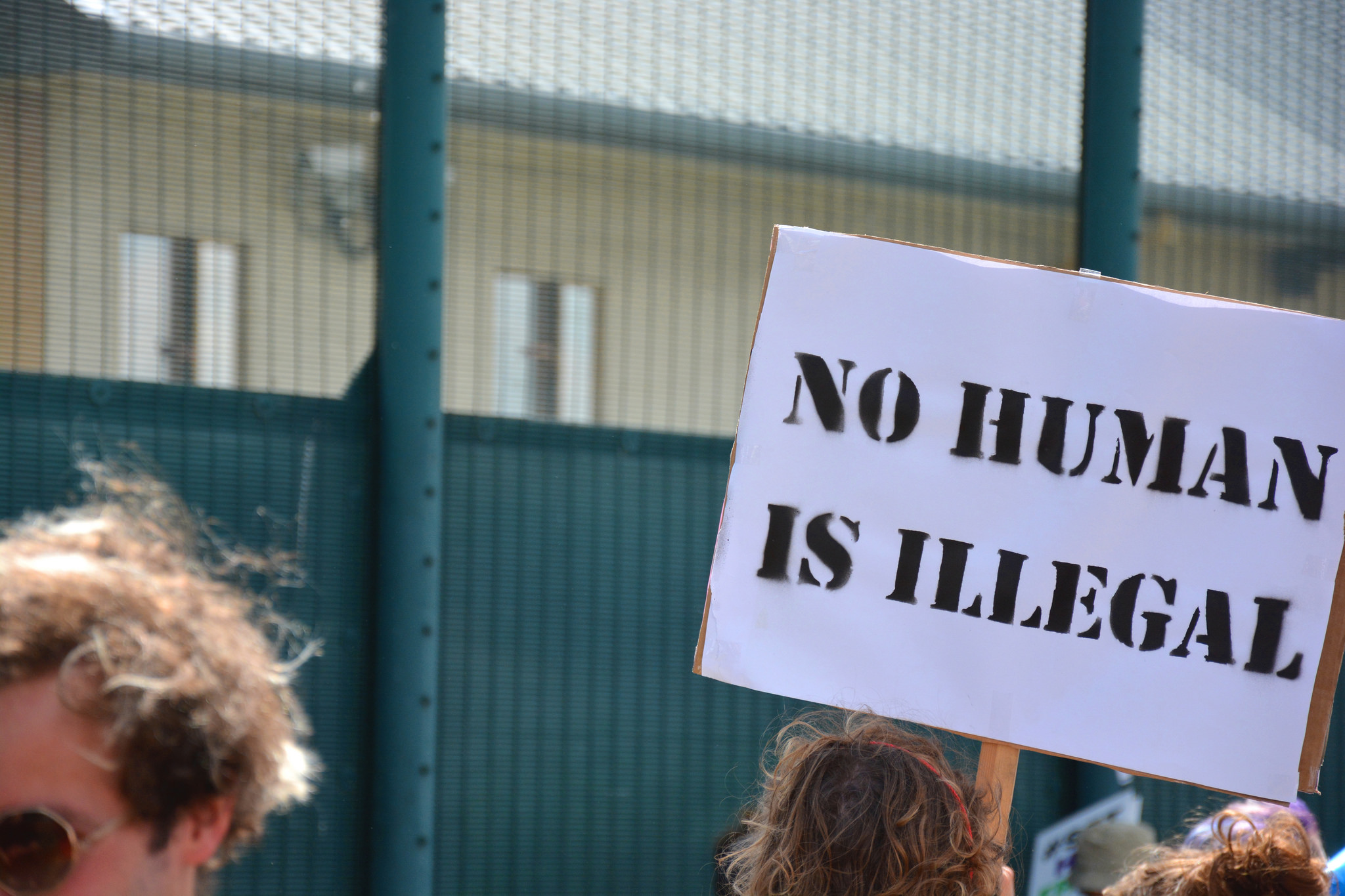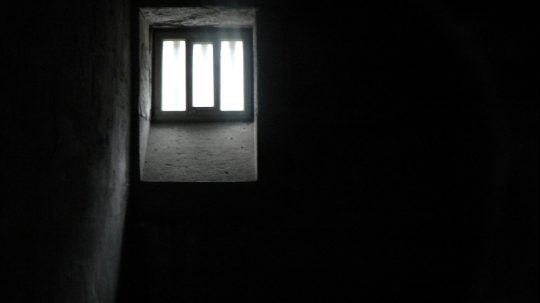People in immigration detention are not serving criminal sentences – they are held for “administrative convenience” pending removal. But there is nothing convenient in detaining people amid the coronavirus pandemic, writes Harvey Slade.
The purpose of immigration detention is to hold people – such as refused asylum seekers who may still have an active asylum claim – for “administrative convenience” ahead of their potential removal from the UK.
But the prospect of a depleted detention centre workforce attempting to safely manage hundreds of vulnerable people in cramped, poor conditions where coronavirus would spread rampantly is of no administrative convenience whatsoever. In fact, it is highly dangerous and is gambling with the lives of traumatised individuals.
A realistic prospect of removal?

Credit: Unsplash
Immigration detention is only lawful in the UK if there is a “realistic prospect” of removing an individual within a reasonable period. An individual’s detention is not directly authorised by the committing of a crime or their perceived dangerousness. It is authorised by the fact that the government is capable of, and intends to, remove them from the country in the near future.
However, with a fifth of the world under lockdown conditions, masses of flights suspended and borders closed across the globe, you’d be forgiven for thinking that there isn’t a realistic prospect of removing anyone from the UK at present. Nonetheless, more than 700 people were still being held in immigration detention in the UK as of last Thursday. That number is lower than it was a few weeks before, but is still dangerously high.
Last week, the High Court refused to order the Home Secretary to release vulnerable individuals from detention into safe accommodation, deciding that the efforts already made by the Home Office were “sufficient to address the risks arising in the majority of cases”.
These efforts include the release of 350 people in the past week, the issuing of new guidance on hygiene standards in detention and an undertaking to proactively review the detention of those who continue to be held.
Dangerous conditions

Home secretary Priti Patel. Credit: YouTube / Telegraph
Before the High Court, it was confirmed that detainees in three detention centres are displaying symptoms of Covid-19. There have also been unconfirmed reports of one person at Harmondsworth detention centre testing positive and being released from detention.
A significant outbreak seems inevitable. The government has abandoned its “containment” strategy for coronavirus outside of detention and it seems fanciful to believe that any outbreak could be safely contained once reported in a detention centre.
People held in immigration detention are commonly in poor health when they arrive, and most often in worse health when they leave. Victims of trafficking and torture are regularly detained unknowingly.
Inspections into immigration detention centres have previously documented “prison-like” conditions, excessive use of security and inadequate care of vulnerable individuals.
As part of the litigation heard before the High Court last week, expert evidence was submitted which highlighted that prisons and detention centres provide ideal incubation conditions for coronavirus to run rampant, with the rapid infection of 60 percent of people in detention a real possibility.
“If an institution was to be invented with the express intention of maximising the spread of coronavirus, and of concentrating it among those most likely to be vulnerable to it, that institution would probably look much like a prison.
Richard Garside, Director of the Centre for Crime and Justice Studies
In regard to prisons, the government has delayed releasing individuals where other countries have taken decisive action. On Tuesday, after weeks of pressure, the Justice Secretary finally announced that pregnant prisoners who do not pose a risk of harm to the public will be temporarily released “within days”.
Meanwhile, service provisions are already being stripped down to the bare minimum to deal with the fact that at least 10 percent of prison officers are self-isolating. Concerning reports last week indicated that, to avoid releasing individuals serving short sentences, ministers were instead looking for more cell space. The government appears to be playing for time where there is none.
As I’ve reported previously, UK prisons will become a coronavirus death trap without the managed release of a significant number of prisoners. The same is true of immigration detention centres, which are simply prisons of a different kind. The kind of prison where you do not need to have committed a crime to be held and, if you have committed a crime, you will have already served a sentence for it.

Credit: Pixabay.
Unlike sentenced prisoners, immigration detainees are only being held for administrative convenience. But what is convenient about their detention in the midst of a global pandemic? The continued commitment to detaining hundreds of people for immigration reasons places both detainees and staff at significant risk that we don’t have the resources to manage safely.
People in immigration detention are not serving criminal sentences. There is no such thing as “early release” because, unlike any other country in Europe, the UK detains people under immigration powers indefinitely.
In practice, this means that decisions to release individuals (often as a result of legal action) with no prior timeframe for release can be implemented within days. Over 20,000 individuals enter and leave the immigration detention estate in any given year, demonstrating that the release of large numbers of people is not only feasible, but regularly achieved in practice.
Moving forward

Image Credit: Darren Johnson/Flickr
At the end of last week, over one hundred signatories including leading human rights charities called on the government to immediately reduce the number of people in detention settings.
Detention facilities of any kind pose an extremely dangerous risk to health in present circumstances and, as such, detention should only be used where strictly necessary. There is nothing necessary about immigration detention when removal is impossible and the country is in lockdown.
The Home Office has committed to proactively review the detention of individuals remaining in immigration detention. However, it is difficult to see how any review could justify continued detention as a matter of administrative convenience at the present time.
An outbreak of coronavirus in detention centres is a very real risk, which would compromise the health of hundreds of people and result in a number of deaths. There is no need to compromise individuals’ health and safety by keeping them immigration detention. More than that, there is no justification.
The views expressed in this article are those of the authors and do not necessarily reflect the views of EachOther.



